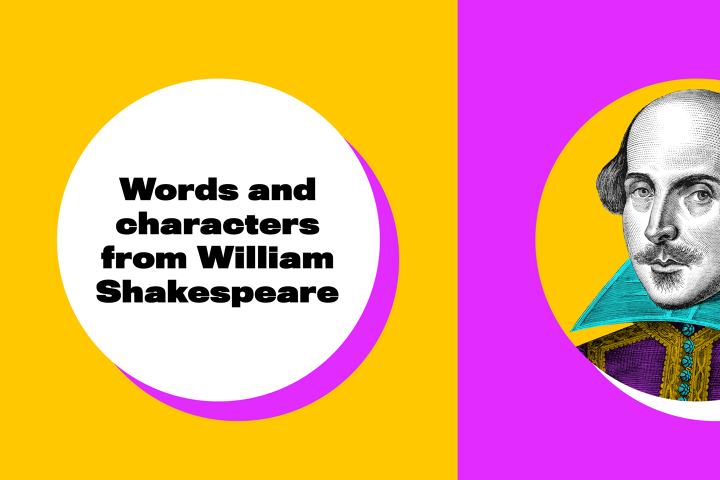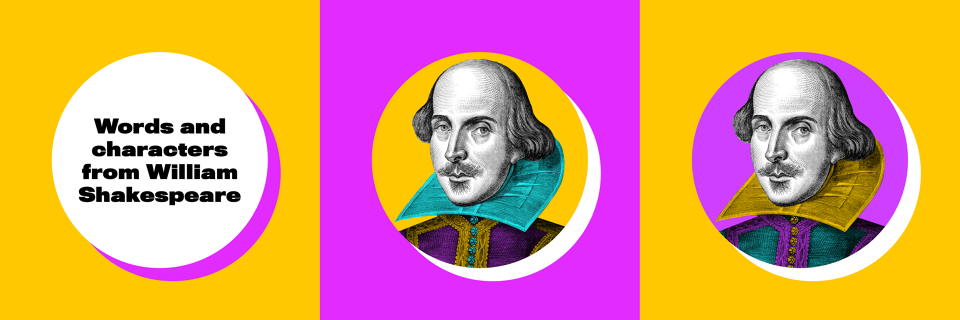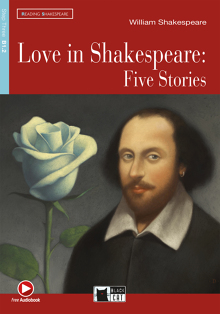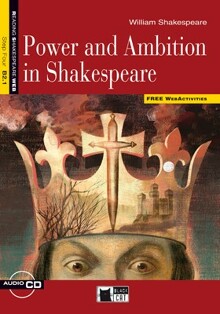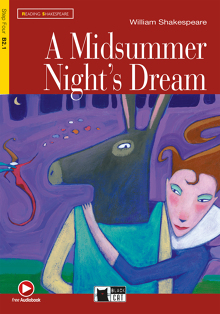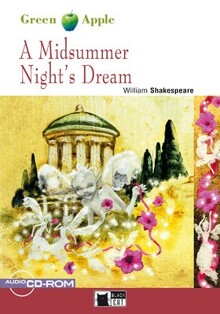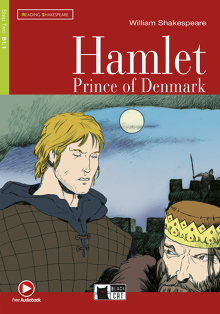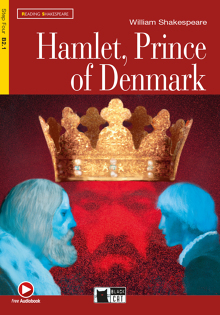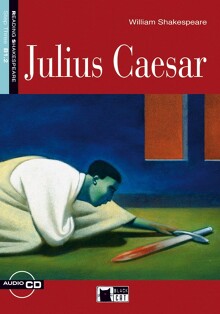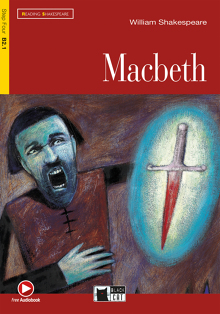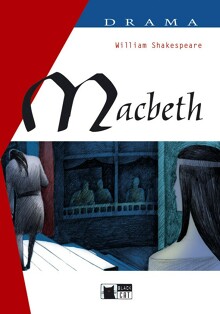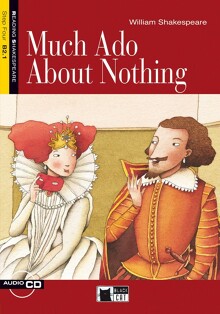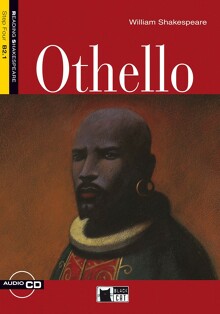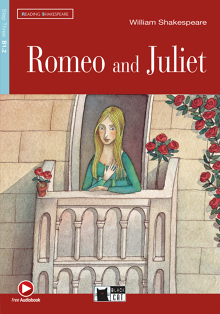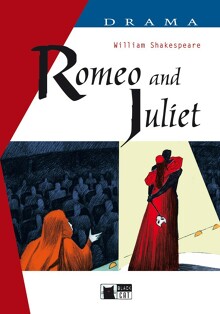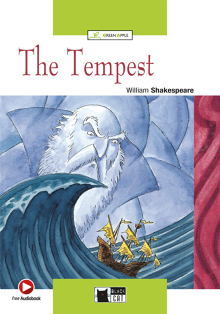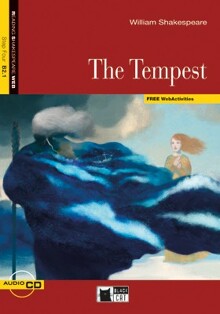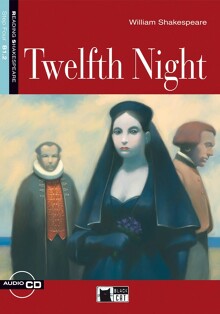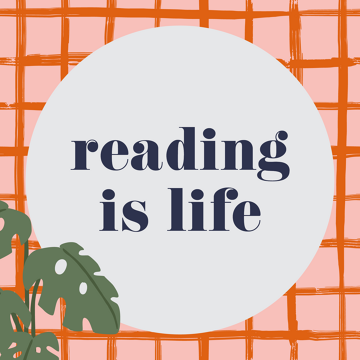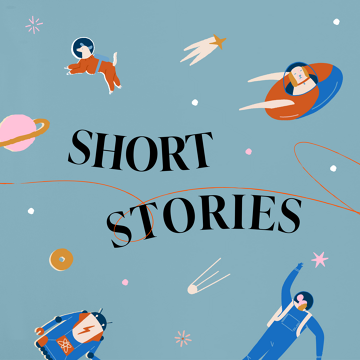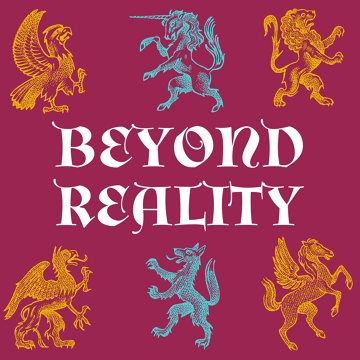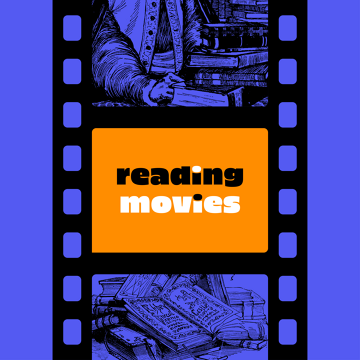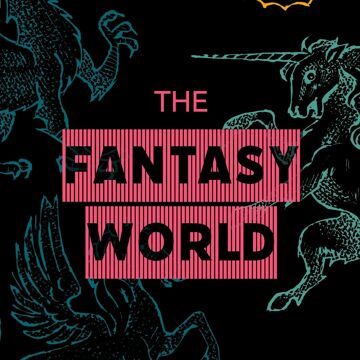He’s the poet and playwright who talked about everything: love, friendship, power, revenge, cruelty, passion, mercy, racism, magic, the relations between men and women … William Shakespeare lived between the 16th and 17th century, but his plays and sonnets speak to us as though they were written yesterday. Because he is talking about us, our life, our desires, even our fears. We’ll get to know some of his characters and discover whom we can identify with … we’re sure to find someone.
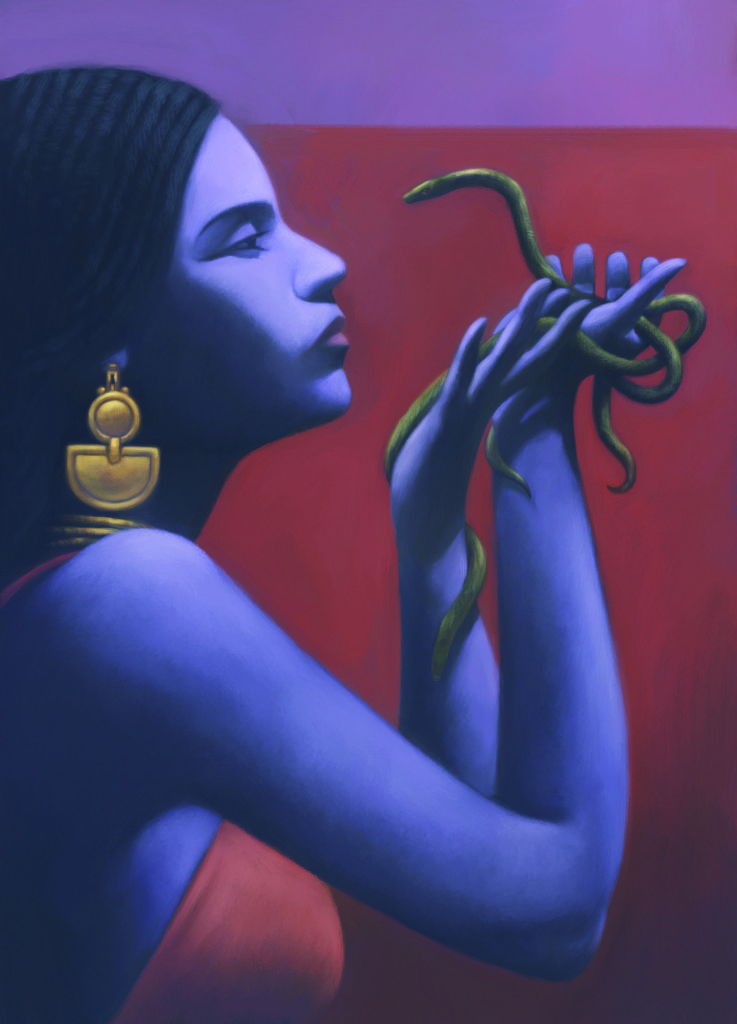 To break the ice, to have a heart of gold, to have seen better days … we use these expressions countless times in daily life. Did you know they were invented by Shakespeare? They’re in his plays and in his sonnets. He wrote them with a quill pen centuries ago; now we type them on a keyboard, or use them in conversation. And he wrote many others as well, on any and every subject that becomes relevant to our lives. Love, revenge, jealousy, suspicion, power, friendship, hope, beauty, just to name a few. Shakespeare brought to the stage all of humanity, with its fragility and its genius, showing the audience a reflection of itself.
To break the ice, to have a heart of gold, to have seen better days … we use these expressions countless times in daily life. Did you know they were invented by Shakespeare? They’re in his plays and in his sonnets. He wrote them with a quill pen centuries ago; now we type them on a keyboard, or use them in conversation. And he wrote many others as well, on any and every subject that becomes relevant to our lives. Love, revenge, jealousy, suspicion, power, friendship, hope, beauty, just to name a few. Shakespeare brought to the stage all of humanity, with its fragility and its genius, showing the audience a reflection of itself.
Works like Richard III, Macbeth and Julius Caesar portray ambitious men pursuing power and glory, sometimes frighteningly ruthless, but who at the same time display their fears, their – perhaps involuntary – humanity, and who all meet their destiny, conscious of what they have created. And what to say about the love between Romeo and Juliet, which despite its tragic conclusion has inspired songs, novels and musicals, and, most importantly, contains words that remain potent for confessing our love and making it eternal.
In a critical moment in world history like the one we’re currently experiencing, when hundreds of thousands of people are facing the challenge of an invisible, unknown virus that threatens our lives, we should remember that Shakespeare lived in a historical period infested by the plague and, like many others, had to face confinement in his own home for extended periods of time. And it was precisely in that period that he wrote his greatest plays, which we can experience today as the most wonderful gift of all: the gift of hope.

“The Tempest” (B2.1)
“Much Ado About Nothing” (B2.1)
“Othello” (B2.1)

Sonnet 18 – Lesson Plan (B1.1/B2)
Sonnet 18 – Lesson Plan – Worksheet (B1.1/B2)
Macbeth – Lesson Plan (B2.1)
Macbeth – Lesson Plan – Worksheet (B2.1)

Sonnet 18 – Listening – Audio File (B1.1/B2)
Sonnet 18 – Listening – Activity (B1.1/B2)
Sonnet 18 – Listening – Answer Keys (B1.1/B2)
